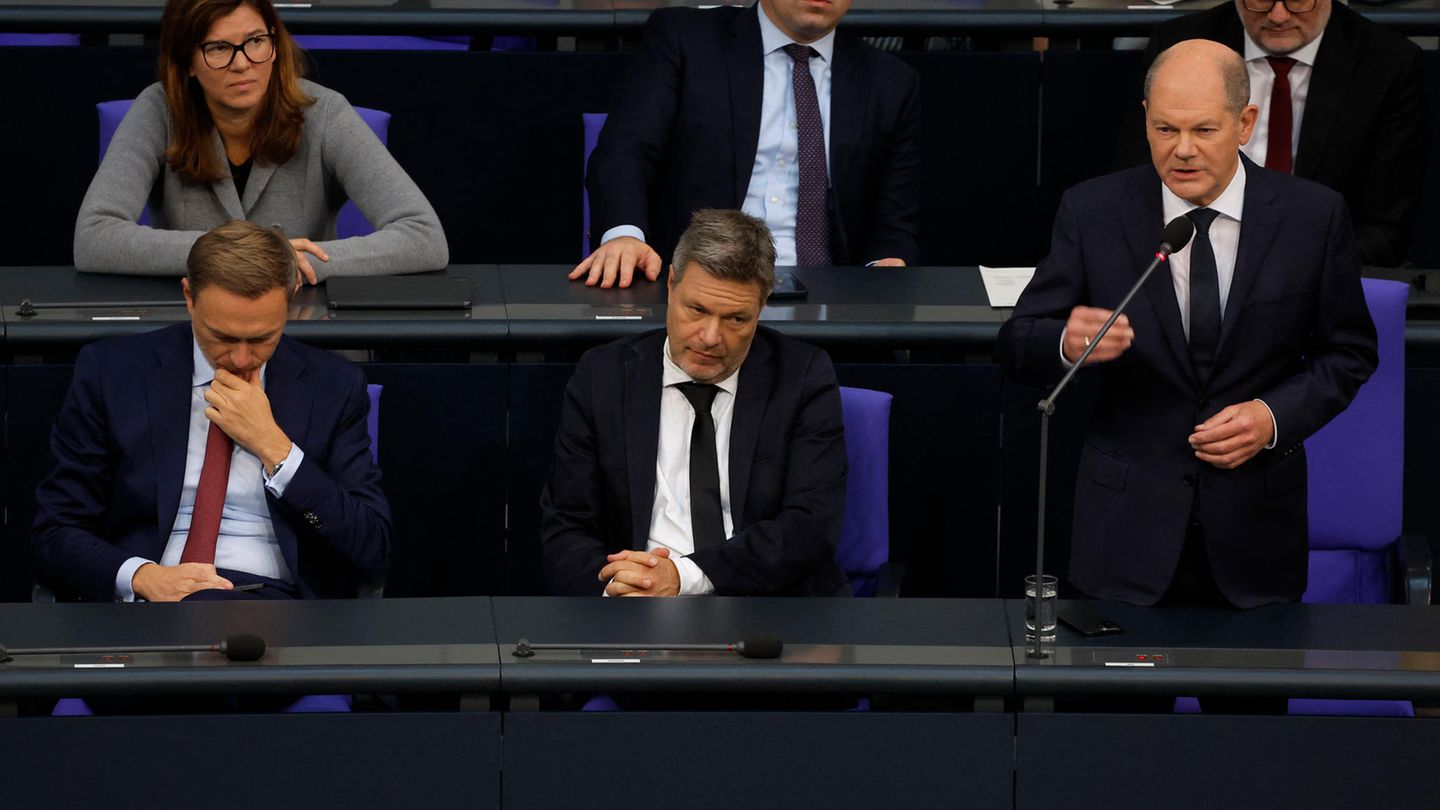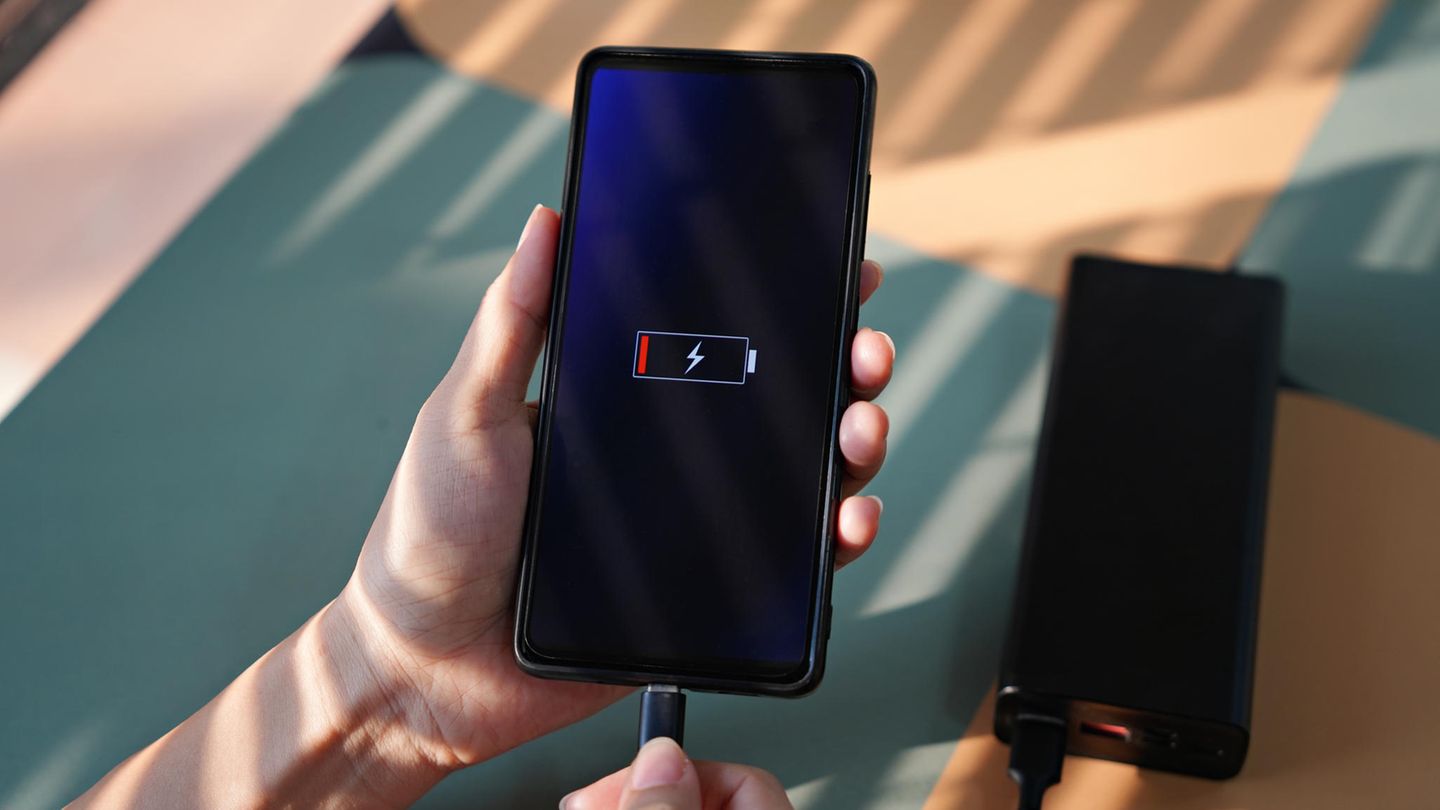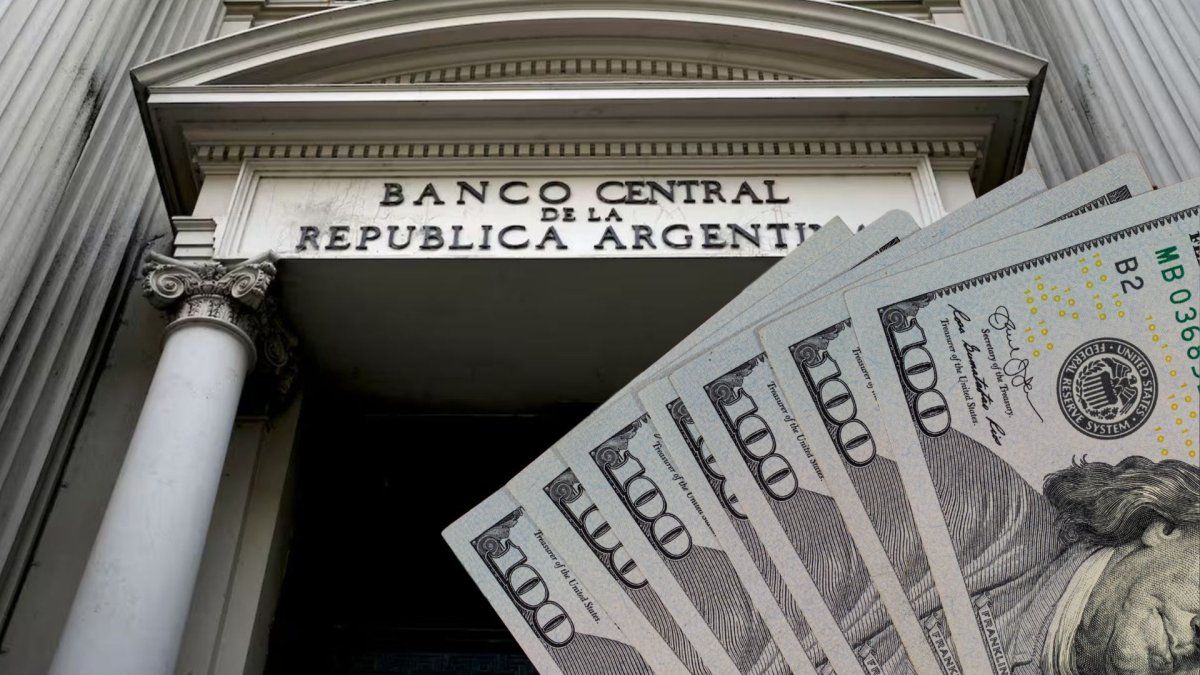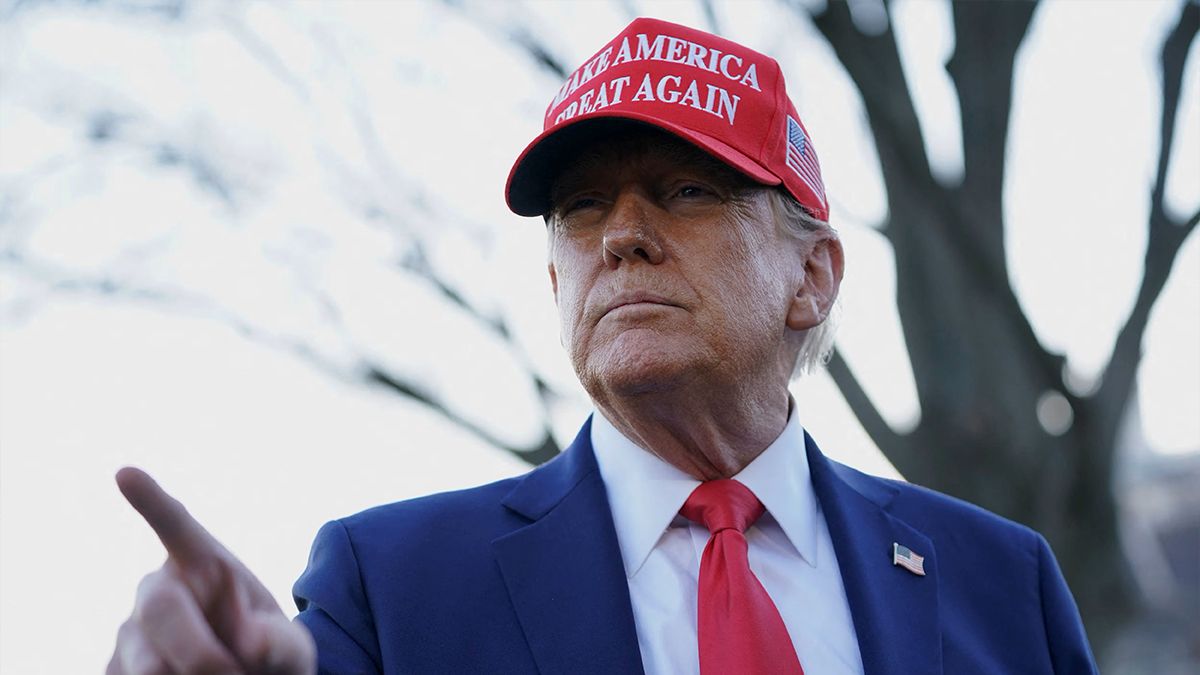The money is missing, the traffic lights are arguing and a proposed solution is between the parties: the debt brake. Can she fill the hole in the household? The echo from the press.
According to the Federal Constitutional Court’s budget ruling, there is a billion-dollar gap in the traffic light government’s financial budget. 60 billion euros are missing – money that the government had already counted on. The parties are now struggling to find a solution – and are anything but in agreement. There was a heated debate in the talk on “Anne Will” on Sunday evening. The fronts have hardened (read more here), everyone wants something different. In order to plug the hole in the budget, the FDP wants to cut social benefits. The Greens and SPD see it differently. They want to get the problem with the debt brake under control, reform the instrument or abolish it completely. A good suggestion or a mistake? This is how the press judges the proposal:
“The debt brake must remain uncomfortable”
“Augsburger Allgemeine”: “In order to release these huge amounts, either social spending would have to be massively cut or taxes would have to be increased noticeably. Both are a request for deselection for every finance minister, regardless of his background. But the fight against global warming does not tolerate a half-strength approach . Because of this Karlsruhe dilemma, it could be that the debt brake is reformed or abolished. This requires a two-thirds majority in the Bundestag and Bundesrat. This could happen if the Union leads the next federal government and it realizes that it has nothing to distribute . Economists have put clever reform proposals on the table.”
“Weser Kurier”: “In fact, it could make sense to at least review the regulation, not just because it is being circumvented through shadow budgets. Another argument in favor of a reform is that the framework conditions have changed since it was born. But what remains is that the federal and state governments must act in some way “We must be obliged to exploit income and savings opportunities and to avoid expensive election gifts. If the debt brake is fundamentally relaxed, it must remain inconvenient.”
“Rhein-Neckar-Zeitung”: “The debt brake was not invented to make politics more difficult, but to make it more predictable. And: so that politics does not take place on the backs of future generations. So, precisely to counter the accusation that young people are now making against their grandparents’ generation when it comes to climate protection raise: After them, the deluge. The image of the ‘Swabian housewife’, which is widely used by Angela Merkel, certainly has a social function in the long term. Although saving itself seems rather anti-social at first. But there is another reason Not to open the money floodgates too wide. And that consists of the work of US rating agencies, which shocked the euro zone once when first Greece, then France and Italy fell into disrepute. The same thing could also happen to a completely over-indebted Germany, whose debt burden is simply growing beyond their heads.”
Scholz and the Groko have screwed up before
“Handelsblatt”: “The consequences of the historic verdict go back to the time of the grand coalition. And they are always associated with one name: Olaf Scholz. As finance minister in 2020, the current chancellor had unused Corona emergency loans amounting to 26 billion euros in the climate fund postponed. The Ministry of Finance is now checking whether these billions also have to be withdrawn from the climate fund. It was also Scholz’s idea to use the trick again on a larger scale in the traffic light government. There was a second breakdown: at the urging of Finance Minister Christian Lindner When the WSF was founded in autumn 2022, the traffic light made the fatal mistake of not also declaring an emergency for 2023. In order to cure this problem in the short term, the only option for the traffic light is to subsequently suspend the debt brake for 2023. However, this maneuver would raise new legal doubts . And new lawsuits.”
“The Irish Times”: “Relations between the two smaller parties in the German government coalition, the Greens and the FDP, are precarious. The alliance’s survival largely depends on the FDP’s reluctant willingness to support the Greens’ ambitious climate plans and correspondingly large investments in the ailing economy . However, the Federal Constitutional Court has thrown precisely these plans into question and thereby risked the collapse of the government. (…) The government coalition’s budget strategy is ruined, and that was exactly the aim of the complainants before the Constitutional Court, the financial policy hawks of the opposition CDU. The government has limited options if it wants to implement its program.(…)”
Source: Stern
I have been working in the news industry for over 6 years, first as a reporter and now as an editor. I have covered politics extensively, and my work has appeared in major newspapers and online news outlets around the world. In addition to my writing, I also contribute regularly to 24 Hours World.




